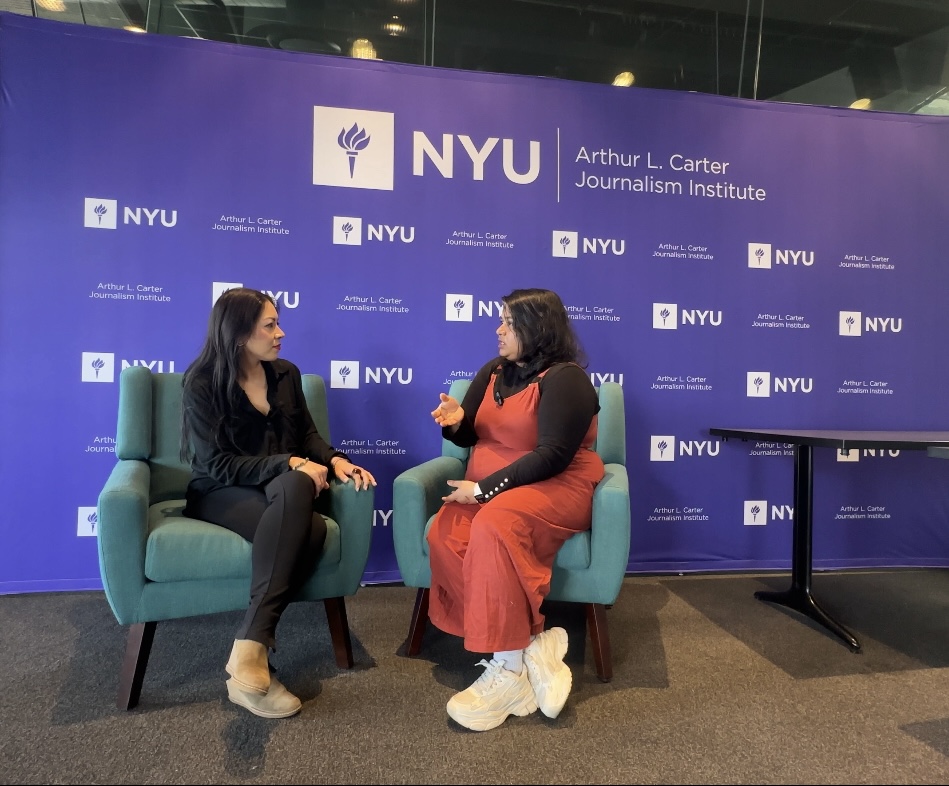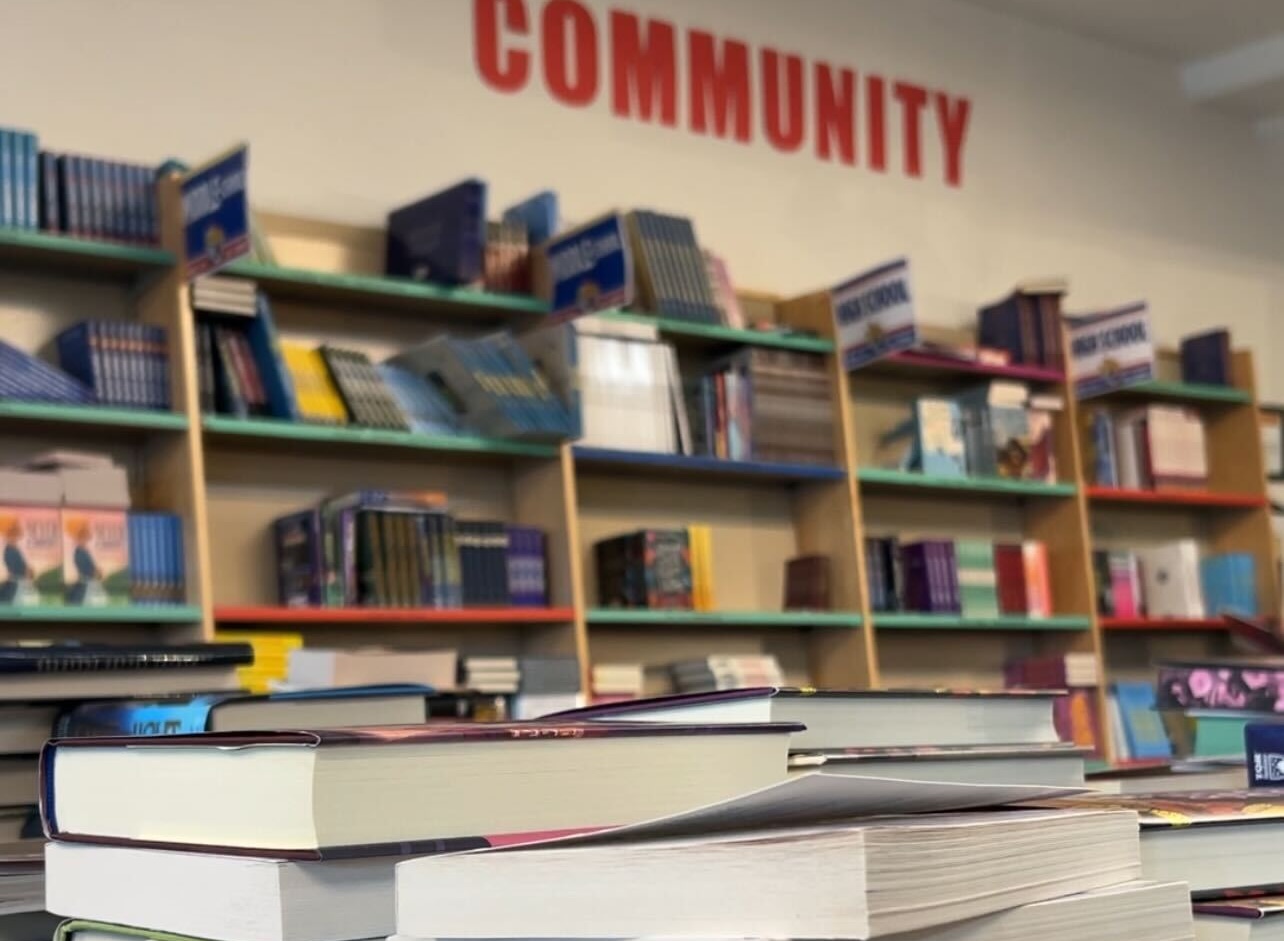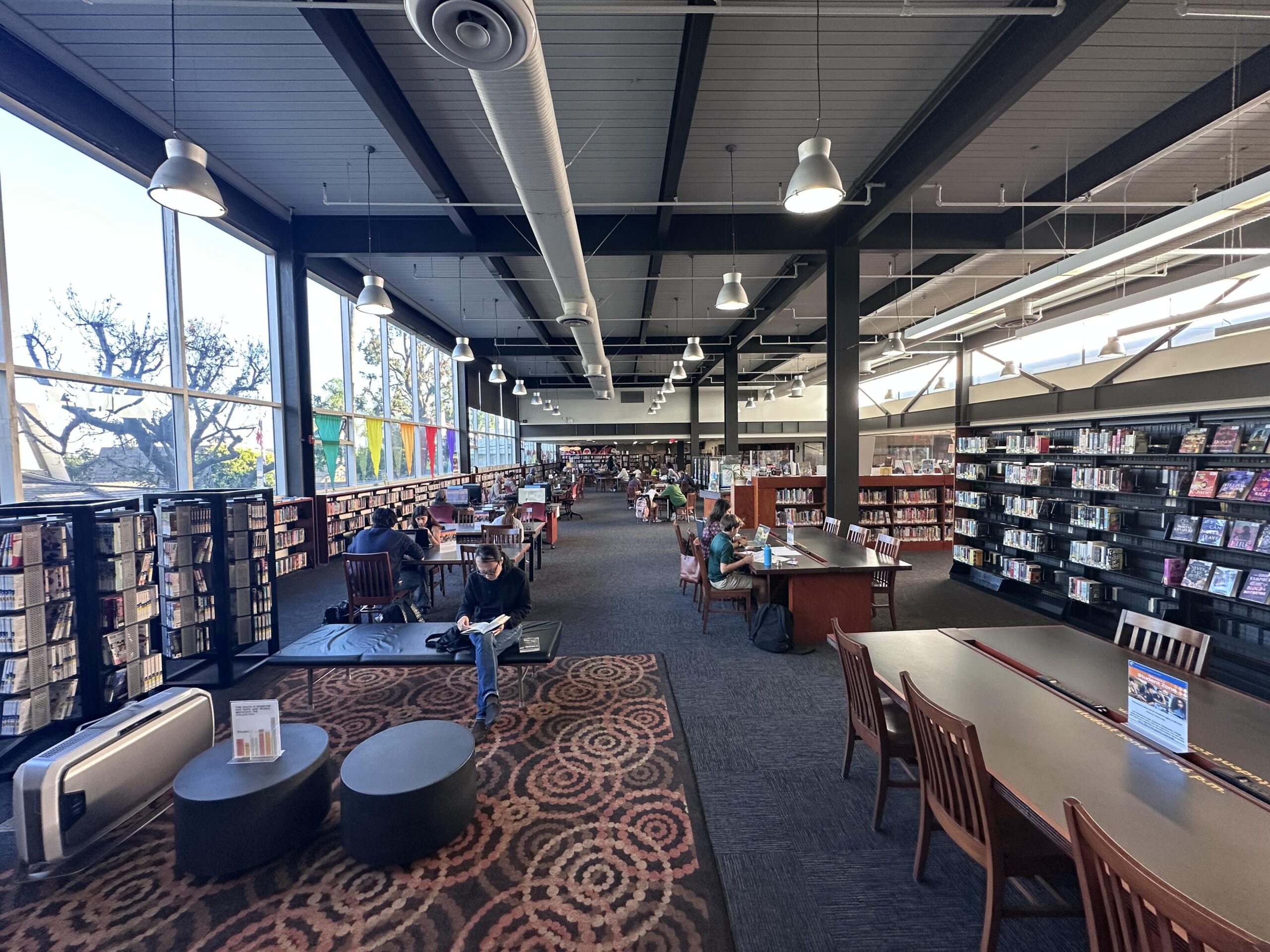(NEW YORK) – In the heart of Washington Square Park, where in recent months, there have been protests against President Trump’s policies, New York University (NYU) students and alumni reflect on how Trump’s first 100 days in office shaped their roles as journalists. Their experiences highlight the broader shifts within the media industry, influenced by political pressures, technological advancements, and the ethical dilemmas faced by reporters.
Current Students: Adapting to a Changing Media Landscape
For many NYU students, Trump’s presidency marked a turning point in their careers and perspectives on journalism. Genevieve Hartnett, a graduate student at New York University’s Arthur L. Carter Journalism Institute, acknowledges the emotional and ethical weight of the current media moment. When The Washington Post, known for its Trump-era slogan “Democracy Dies in Darkness,” announced its “Riveting Storytelling for All of America” mission statement in January as Trump, Hartnett felt hopeless.
“It made me question where journalism is heading,” Hartnett said. The change pushed her to focus more on audio journalism and to lead with empathy in her storytelling.
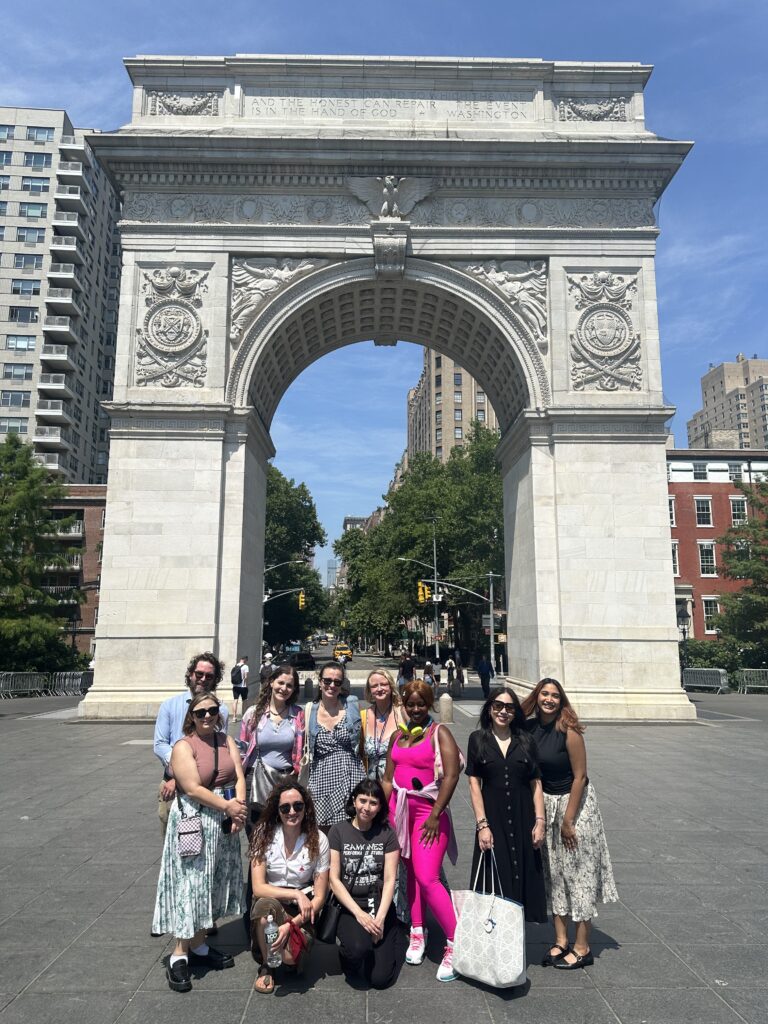
Students, New York University Graduate School of Journalism [Credit: Jannelle Andes]
Knox has focused her work on disability rights. Talking about U.S. Health and Human Services Secretary Robert F. Kennedy Jr’s plan for “wellness farms,” she is appalled by members of Trump’s administration.
“RFK literally just proposed essentially concentration camps for disabled people,” said Knox. Fueled by the belief that journalists should serve the public, she is on a mission to expose the truth and hold those in power accountable.
Like Knox, Tricia Cherie also sees journalists as watchdogs. Though her focus has primarily been on music and entertainment, she feels increasingly compelled to incorporate politics into her reporting. By using pop culture, she hopes to make news more palatable.
Educator, singer, NYU employee and student journalist, Joy Ufomadu decided to take a break from hard news reporting. Instead, she is working on writing a children’s book about traditions.
Alumni Perspectives: Navigating Professional Challenges
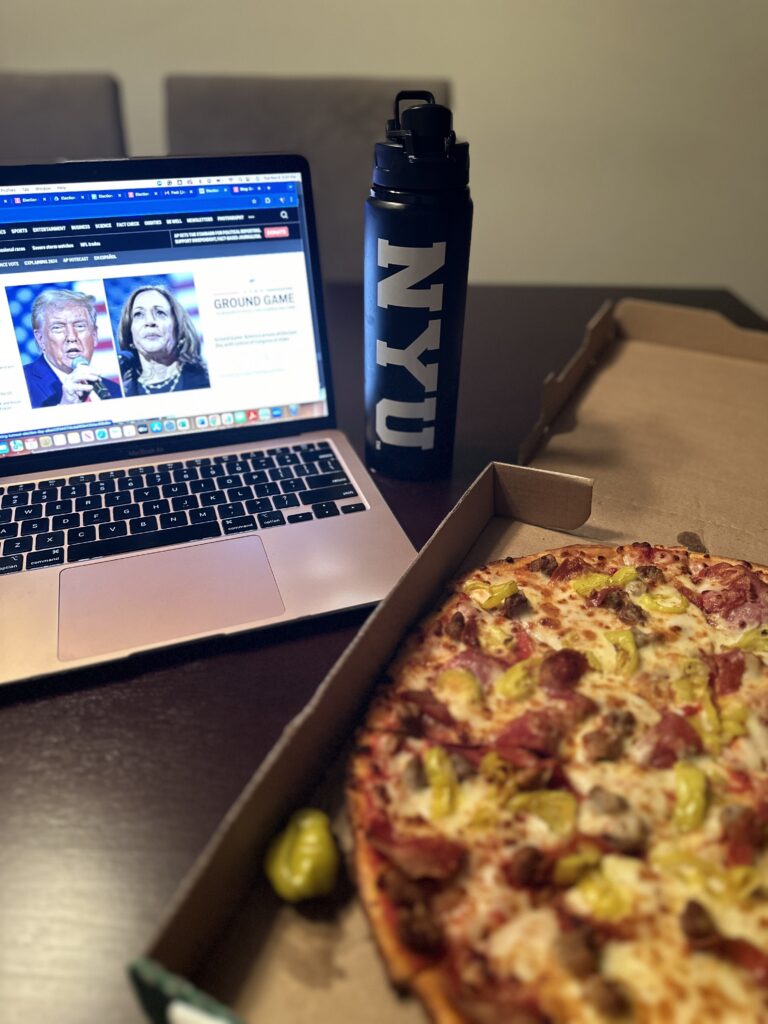
The Click News covering the 2020 election. [Credit: Jannelle Andes]
As someone who has built his beat on religion and cult reporting, John Verner is no stranger to navigating emotionally and ethically complex territory. The Trump administration, he said, didn’t fundamentally change his view of legacy media, which he had long seen as influenced by capitalism.
Now as Publishing Editor at VOX ATL, an outlet that helps teen journalists create “uncensored but not unedited” media, Verner said, “It’s been mostly encouraging to know how eye-rolly the teenagers are about Trump. He’s not scaring the next generation.”
International Students: Facing Unique Challenges
While Verner finds hope in a generation that refuses to be intimidated, fear remains a constant for some student journalists—especially those reporting from abroad. Abdullah Almulla, a student based in Qatar and attending NYU’s American Online Journalism program, said he sometimes feels restricted in what he can safely cover.
Even when Almulla had the courage to pursue difficult stories, he faced serious limitations. After writing a 4,000-word investigative piece, his professor advised him not to publish it due to potential risks.
Almulla is also hesitant about coming to the U.S. for graduation, fearing he might be detained over his stories or social media activity. “I don’t want to go to El Salvador,” he said.
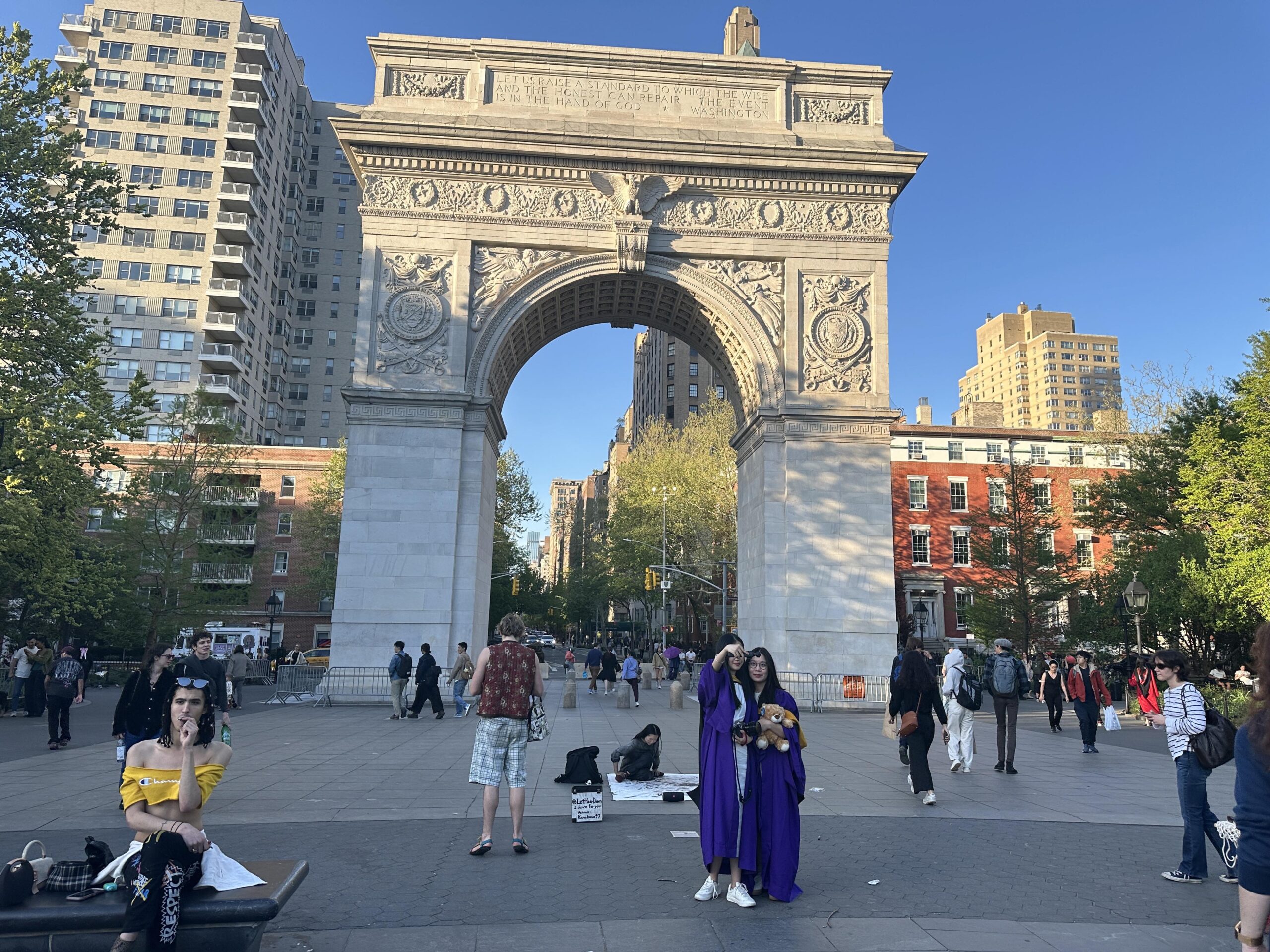
NYU students in Washington Square Park [Credit: Jannelle Andes]
Faculty Insight: Ethics and Education
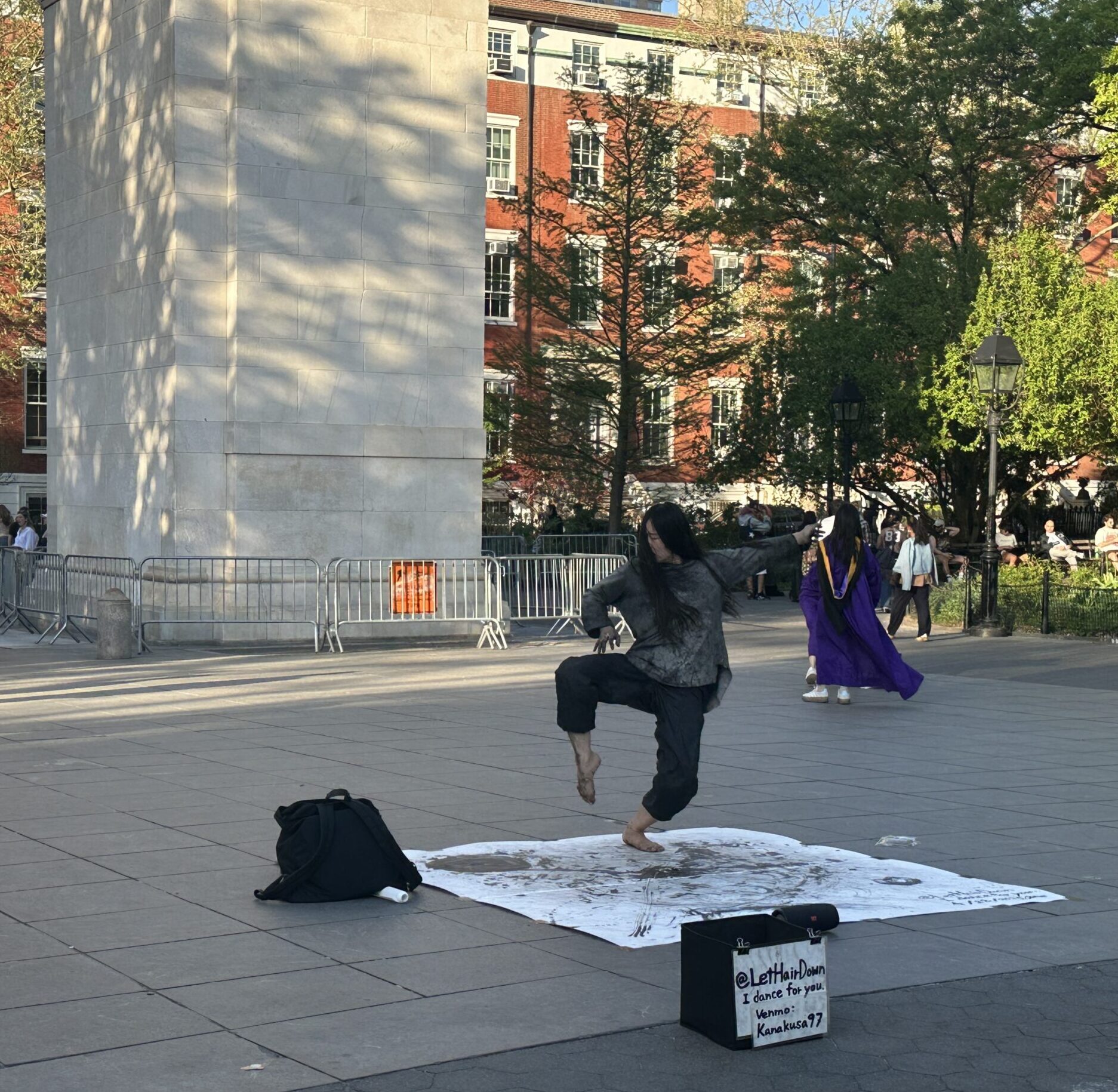
Artist and NYU graduate at Washington Square Park. [Credit: Jannelle Andes]
“It goes towards this administration trying to control the message,” said Adler. “It’s a tremendous challenge to the First Amendment.”
Despite the pressures they face, Adler advises young journalists to stay committed to the core values of truth and integrity. “You’re either a journalist or a student for the purpose of student journalism,” he says. “You can’t be demonstrating and reporting on the same topic at the same time.”
Whether they view Trump’s presidency as a positive or negative force, the NYU journalism community is navigating an environment where the challenges and responsibilities of journalism have never been more pronounced.
